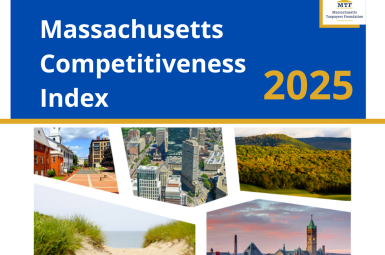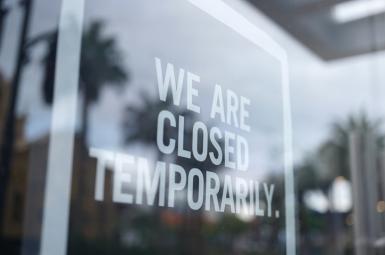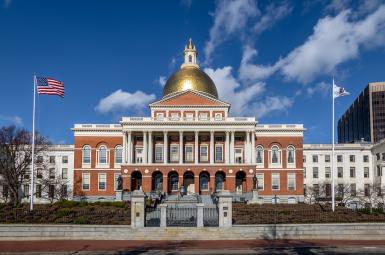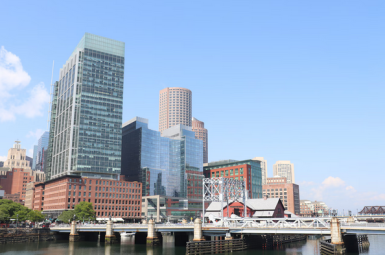The Mass Ready Act, a $3.1 billion environmental bond bill, was filed by the Healey-Driscoll administration on June 24th. The legislation proposes a new five-year capital plan and a series of policy initiatives aimed at improving climate resilience, protecting natural resources, and expanding access to open space.
Improving the state’s business climate is going to take time — a luxury we might not have if the economy keeps losing steam.
This is the second installment of the MTF Competitiveness Index, which is designed to provide residents, employers, and policymakers with a holistic assessment of how Massachusetts compares to our regional and economic competitor states across 27 different metrics in four categories of competitiveness:
LOOK CLOSELY at how Massachusetts is growing, and a pattern emerges. It’s visible in the families opening small businesses in places like Lawrence and Springfield, in the surge of young workers entering fields like health care, construction, and climate tech, and in the numbers: Nearly 80 percent of the state’s population growth over the last decade came from Hispanic/Latino residents, along with more than $30 billion in added economic output.
The state’s UI system is still feeling the impact of significant unemployment during the pandemic, which resulted in thousands of additional individuals receiving UI benefits for an extended period. By April 2020, the state’s unemployment had skyrocketed to 17.8 percent, growing more than fivefold from the 3.1 percent rate just two months earlier (in February 2020).
In spite of unanimous passage by both the House and the Senate, in the final days of the legislative session a compromise economic development bill failed to reach the Governor’s desk. While the two versions of the bill differ significantly on policy proposals, the framework for both bills is the same: authorizing capital spending that supports the state’s five-year economic development plan, continuing the state’s successful life sciences initiative, and creating a similar initiative for climate tech.
And that, according to the Massachusetts Competitiveness Index Report released Tuesday by the Massachusetts Taxpayers Foundation, UMass Amherst Donahue Institute and Massachusetts Competitive Partnership, has been our high-wage, high-knowledge industries, stemming from the historically close ties between its education system and economy.
Doug Howgate, president of the Massachusetts Taxpayers Foundation, said the data show that both wealthy families and lower-income working class families are leaving the state, while families that land in the middle seem more willing to stay.
The analysis by the Boston-based Massachusetts Taxpayers Foundation comes as policymakers on Beacon Hill seek to stem that population loss, and even as agreement on Democratic Gov. Maura Healey’s signature economic development bill remains frustratingly out of reach.
Unlike many competitive rankings, the MTF index tracks a broad set of metrics. The results underscore the sometimes-overlooked fact that Massachusetts’ overall competitive standing is solidly in the middle of the pack.
The MTF hopes that its benchmark, to be updated annually, can inform policy discussions and track improvements and declines.









